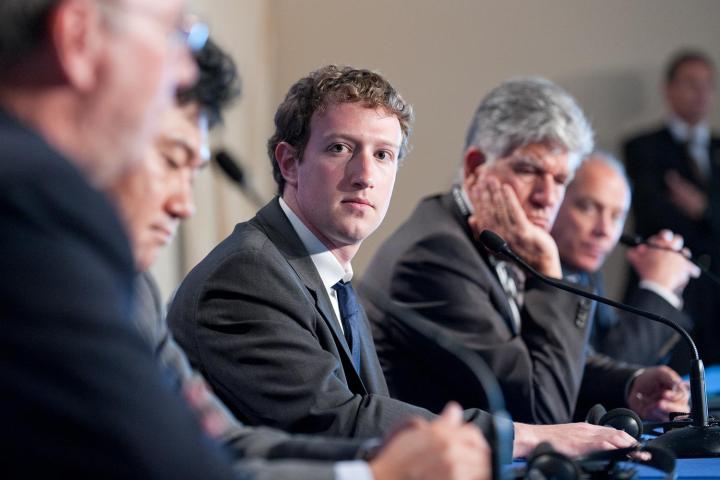
What started as an opinionated diatribe, took a sharp turn for the worse when Andreessen was accused of expressing a colonialist attitude. A particular tweet (pictured below via Gizmodo), which Andreessen has since deleted, was the subject of a torrent of outrage from Twitter users.

Having been at the centre of controversy in India in regards to its free Internet program, it’s no wonder Facebook was quick to distance itself from Andreessen in order to avoid further condemnation.
Andreessen’s irritable manner was evident from the outset of his twitter rant. He started by claiming that the ideological reasons (see net neutrality) upon which the Indian telecom authority’s judgement was based were “morally wrong,” reports TechCrunch.
Some Indian users compared his language to the dialectic used to justify colonialism by the East India Company, which led to the British trading organisation ruling most of the country for a century until the British Crown took power in 1857.

Andreessen must’ve forgotten the fierce backlash Free Basics by Facebook faced in India until its ban earlier this week. Hundreds of thousands of net neutrality advocates in the country had signed a petition against Free Basics, and services of its ilk, upon grounds that the program operated in opposition to the democratization of the Web. India then blocked all zero-tariff Internet programs due to their “discriminatory pricing.”
Although Andreessen was quick to apologize in the form of another tweetstorm, the mounting criticism by then had already reached a crescendo. Andreessen politely backed down, tweeting his withdrawal “from all future discussions of Indian economics or politics.”
Alas, the 44-year-old entrepreneur — who has investments in Twitter, Pinterest, and Facebook — couldn’t keep away from the twitterverse. Another tweetstorm followed with yet another apology, see below.
3/I am a huge admirer of the nation of India and the Indian people, who have been nothing but kind and generous to me for many years.
— Marc Andreessen (@pmarca) February 11, 2016
This simply wasn’t enough for Mark Zuckerberg, who then felt compelled to address the issue on his Facebook page. “I found … [Andreessen’s] comments deeply upsetting,” read the statement. “They do not represent the way
I want to respond to Marc Andreessen’s comments about India yesterday. I found the comments deeply upsetting, and they…
Posted by Mark Zuckerberg on Wednesday, 10 February 2016
It’s clear that both Facebook and Andreessen regret the sentiments that were expressed. Although


